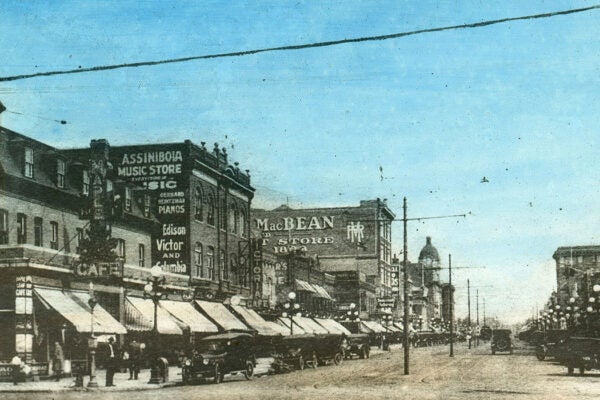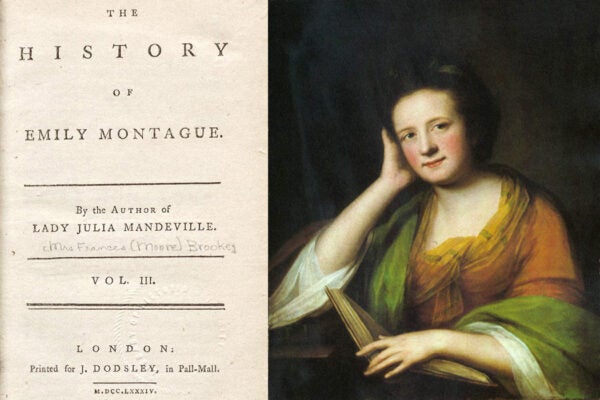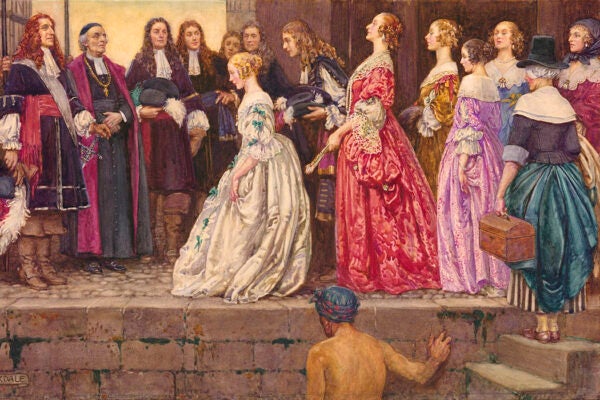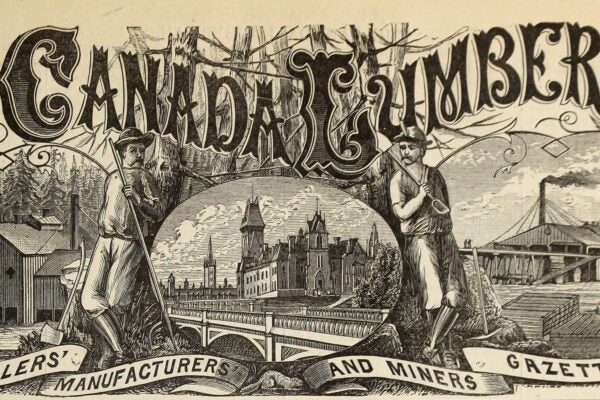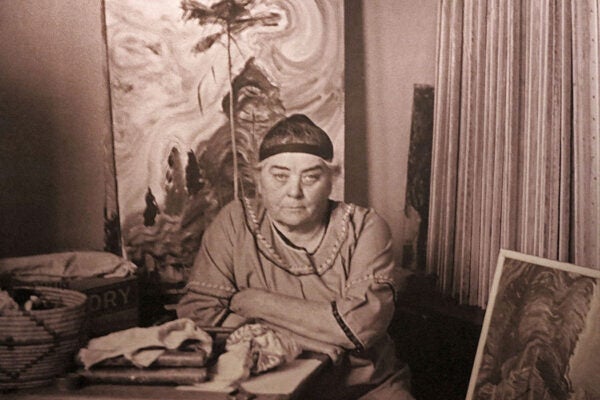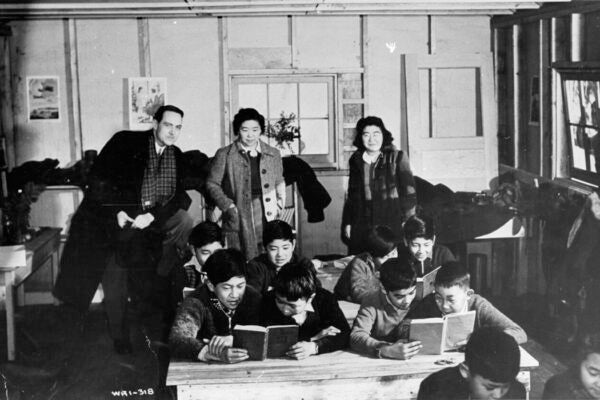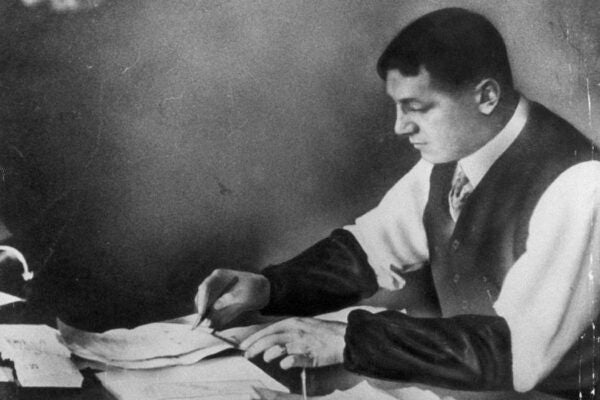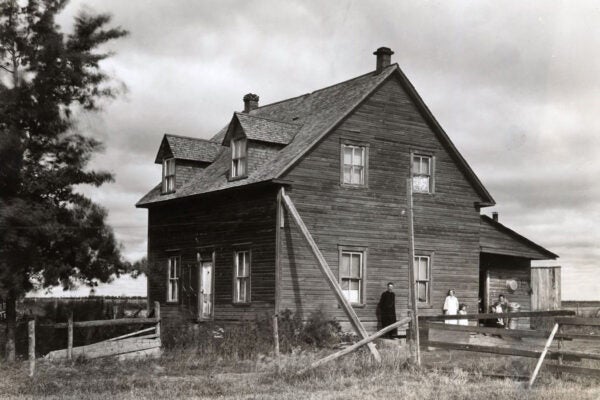The Radioactive Reindeer Problem
Cold War nuclear testing left troubling levels of Cesium-137 in caribou, prompting years of research into Arctic fallout and its risks to human health.
Under Moose Jaw: Tourism Or History?
Moose Javians’ confidence and reputation are rooted in a unique, if fanciful, story, developed after the economic downturn of the 1980s and 1990s.
The First Canadian Novel
Often considered the first Canadian novel, The History of Emily Montague revealed its author’s true feelings about colonial Quebec.
Filles du roi: the Founding Mothers of New France
Sent by Louis XIV, the filles du roi were sent to North America to birth new generations of colonists and help conquer the land.
Quebec Disco: Influenced by Italo Disco?
Ostensibly developing on continents apart, the sounds Quebec Disco and Italo Disco exhibited an identifiable sonic kinship.
French Canadians in the New England Woods
Immigrants from Quebec held a distinct position in an American labor landscape in which experts viewed different “races” as being suited to different kinds of work.
Emily Carr and Canadian Identity
At times at odds with her self and her role in society, Carr sought an identity in the landscapes and Indigenous cultures of the Pacific Northwest.
Disinheritance: The Internment of Japanese Canadians
Glenn McPherson, the bureaucrat largely responsible for selling off the property of interned Japanese Canadians during World War II, was also a secret agent.
The Editor Who Drove Hemingway Away
Harry C. Hindmarsh, assistant managing editor of the Toronto Daily Star, knew how to get under Ernest Hemingway’s skin.
Quebec, Louis Hémon, and Maria Chapdelaine
Louis Hémon’s Maria Chapdelaine grew from his views as a French immigrant writer on the rural life of early twentieth-century Quebec.

